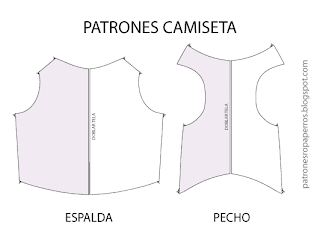Nuevo artículo científico de un miembro de la AE
Débora González, miembro de la Asociación Eleusis, acaba de pubicar un nuevo artículo titutlado “Consumption of new psychoactive substances in a Spanish sample of research chemical users”, en la revista Human Psychopharmacology.
El cuestionario empleado en el estudio se diseñó a partir de las entrevistas a 12 personas, expertos conocedores de las nuevas sustancias de síntesis, que fueron contactadas a través de la Asociación Eleusis:
“The information that we obtained was used to design the response options of the final questionnaire. They had been previously contacted through the Eleusis Association (http://asociacioneleusis.es), a NGO dedicated to the study of altered states of consciousness.” (González et al, 2013:333)
Los datos del artículo son:
Débora González, Mireia Ventura, Fernando Caudevilla, Marta Torrens and Magi Farre (2013): “Consumption of new psychoactive substances in a Spanish sample of research chemical users”, en Hum. Psychopharmacol Clin Exp, 28: 332–340.
Objective: To know the pattern of use of new psychoactive substances (NPSs) in a Spanish sample of research chemical (RC) users and to
deepen the RC user profile and risk reduction strategies employed.
Methods: This study is a cross-sectional survey by means of a specific questionnaire. Recruitment was carried out at music festivals, at
non-governmental organizations (NGOs), and through announcements on an online forum. Two RC user profiles were defined, according
to whether they search information through online forums.
Results: A total of 230 users participated. The most frequent RCs were hallucinogenic phenethylamines (2C-B 80.0%, 2C-I 39.6%) and
cathinones (methylone 40.1%, mephedrone 35.2%). The most frequent combination of RC with other illegal drugs was with cannabis (68.6%) and 2C-B withMDMA(28.3%). Subjectswho are consulting drug forums (group 1) use more RC, obtain RC by Internet, and use more frequently risk prevention strategies. Regarding the risk-reduction strategies in this group, users sought information concerning RC before consuming them (100%), used precision scales to calculate dosage (72.3%), and analyzed the contents before consumption (68.8%).
Conclusions: There is a specific RC user profile with extensive knowledge and consumption of substances, using different strategies to
reduce risks associated to its consumption.





















